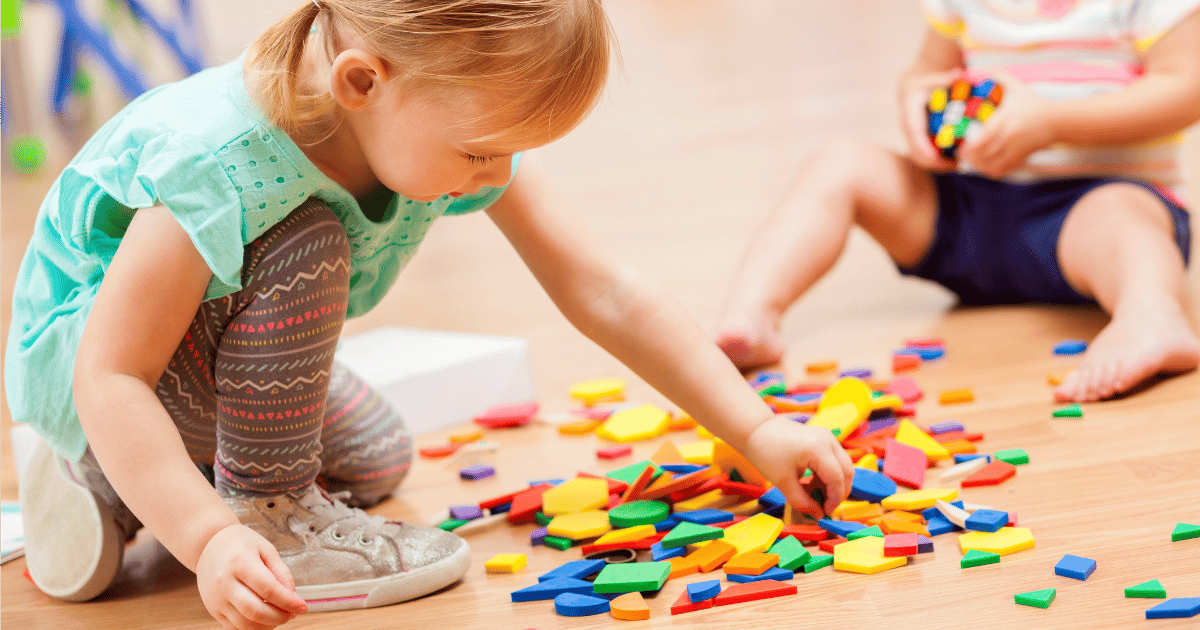For anyone who’s ever doubted that childcare can be good for kids, here’s a study that might convince you.
The research was carried out on a group of low-income families from North Carolina. Back in the 1970s, some of the mothers were given access to free, full-time, high-quality childcare for their kids. Other kids in the study either stayed home or went to part-time or cheaper childcare.
When the kids turned 30, those boys who’d gone to the high-quality childcare were earning, on average, $US19,800 ($AU26,500) a year more than the other boys in the study.
The girls who’d gone to the high-quality childcare were earning $US2500 ($AU3340) more than the other girls. They had, on average, an extra two years of education.
The boys were getting more than just financial benefits from the high-quality childcare. By the time they reached their mid-thirties, they were 33 per cent less likely to be drug users and also less likely to have been arrested. As well, they had lower blood pressure.
“They’re engaged more in the workforce, they’re now active participants of society, they’re more educated, they have higher skills,” study leader James Heckman from the University of Chicago told The New York Times.
“So what we’ve done is promoted mobility across generations.”
The high-quality childcare wasn’t cheap, costing around $US18,000 ($AU24,100) a year. But the study found that every dollar spent on it returned more than seven dollars in benefits. In Australia, there aren’t the same long-term studies to draw on. But research does back up the American findings.

